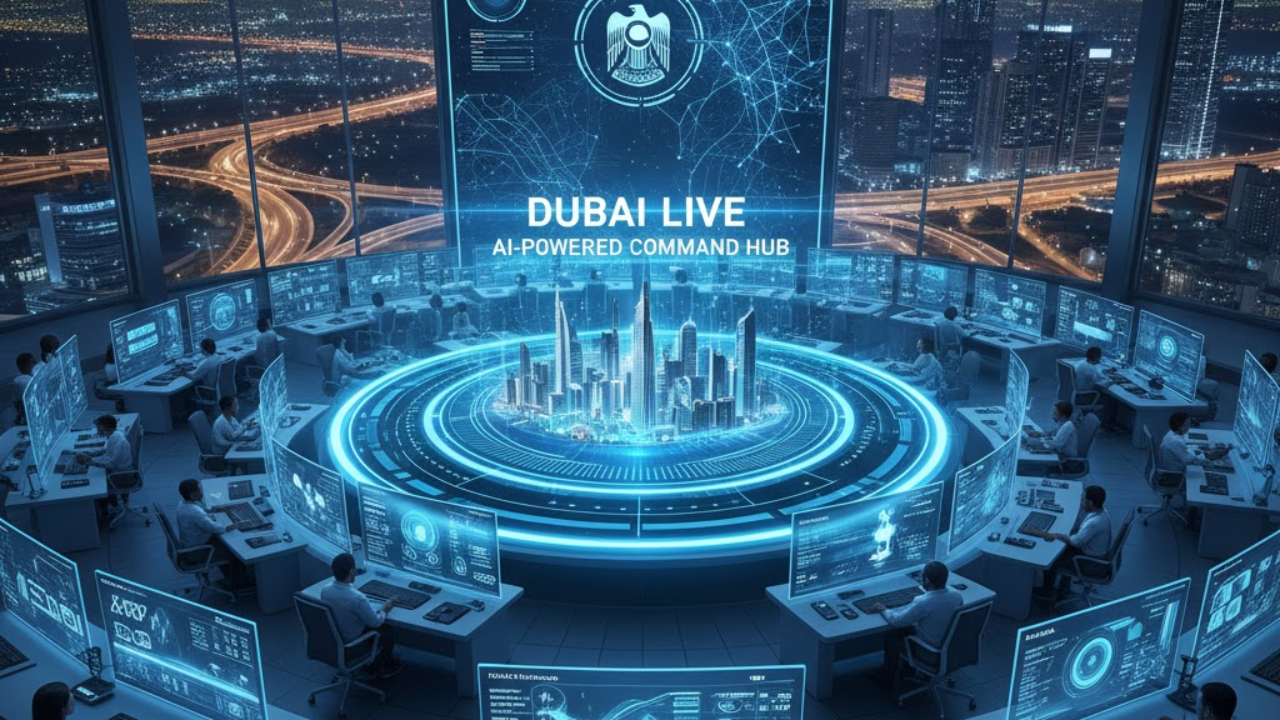
Post by : Meena Rani
In a major leap for smart urban governance, Dubai Municipality has unveiled “Dubai Live”, a groundbreaking AI-powered city command hub designed to monitor and manage the Emirate’s entire urban ecosystem — from mobility and infrastructure to waste management, construction inspections, and public safety — all in real time.
Unveiled during GITEX Global 2025, the world’s largest tech and AI showcase, Dubai Live reflects the city’s evolution into a digitally governed metropolis, capable of anticipating and responding to civic needs with unprecedented speed and precision.
Officials describe the initiative as “a citywide nervous system,” using AI, machine learning, and digital twin technology to synchronize data from thousands of sensors, systems, and city departments. The goal: make Dubai smarter, safer, cleaner, and more efficient, not by reacting to problems — but by predicting them.
Dubai’s transformation journey — from e-Government in the early 2000s to Smart Dubai in the 2010s — now enters its AI-governed phase. Dubai Live builds upon two decades of digitalization, combining IoT, data analytics, and predictive modeling into one unified platform.
This system doesn’t just connect departments — it thinks. By using AI algorithms to predict, assess, and optimize city operations, Dubai moves from data collection to data action.
“Dubai Live is designed to make city management predictive, not reactive,” said a Dubai Municipality official during the GITEX 2025 unveiling. “It enables government agencies to make real-time, evidence-based decisions that enhance quality of life and sustainability.”
At its core, Dubai Live integrates multiple technology pillars:
Artificial Intelligence & Machine Learning
Detects anomalies in urban systems (e.g., waste overflow, traffic build-up, environmental pollution).
Learns from patterns to recommend preventive actions.
Digital Twin Modeling
Creates a virtual replica of Dubai — from roads to skyscrapers — that mirrors real-world activity.
Enables simulation of “what-if” scenarios for planning future projects or responding to emergencies.
IoT & Sensor Integration
Aggregates data from thousands of IoT sensors across utilities, roads, construction sites, and environmental systems.
Streams live metrics to the command hub’s dashboard for instant situational awareness.
Predictive Analytics Dashboard
Offers visual intelligence to administrators — showing hot spots, stress zones, or performance gaps.
AI-driven predictions help allocate municipal resources efficiently.
Cloud-Based Data Governance
Secures, stores, and analyzes data at scale, ensuring accessibility and compliance with UAE data protection frameworks.
Dubai Live’s relevance to urban mobility is particularly transformative. The system monitors and manages traffic flows, public transport networks, road maintenance, and parking operations in coordination with Dubai’s Roads and Transport Authority (RTA).
Traffic Density Analysis — AI algorithms analyze congestion patterns and recommend dynamic signal adjustments.
Incident Alerts — Integrated camera feeds and IoT sensors detect accidents, road hazards, or breakdowns instantly.
Predictive Maintenance — Road surface wear, lighting, and infrastructure fatigue are predicted ahead of failures.
Public Transport Integration — Links with Metro, buses, taxis, and shared mobility data for synchronized scheduling.
By combining data from RTA, Dubai Police, DEWA, and municipal systems, Dubai Live becomes the digital command tower of the entire city’s mobility landscape.
Dubai Live integrates with DANA, the smart inspection system of Dubai Municipality. This ensures AI-assisted site inspections, automated compliance reports, and proactive monitoring of safety risks across construction projects.
Real-time updates help prevent violations, reduce delays, and ensure consistent quality across building projects.
Through smart waste management, the hub tracks bin levels, collection efficiency, and route optimization. AI predicts overflow points, improving cleaning frequency and minimizing resource waste.
Environmental data (air, noise, and water quality) also feeds into the dashboard, allowing instant alerts for pollution spikes.
IoT devices linked to food outlets, pools, and public facilities enable automated inspection scheduling and compliance alerts, improving hygiene and safety standards citywide.
Dubai Live monitors energy consumption patterns across districts, helping align sustainability goals with Dubai 2040 Urban Master Plan and Net Zero 2050 strategies.
Dubai Live’s most innovative aspect is its digital twin interface — a three-dimensional, real-time model of the entire city.
This allows planners and policymakers to visualize, test, and optimize future developments. For example:
Simulating traffic changes after opening a new metro line.
Predicting flood impact from extreme rainfall.
Analyzing solar exposure for sustainable building design.
Dubai’s goal is to create a city that plans itself — using AI models to predict how its systems interact and evolve.
While the system is heavily automated, Dubai Live still relies on human oversight. City managers can override AI recommendations, fine-tune policy rules, or initiate emergency protocols.
This “human-in-the-loop” approach ensures accountability, transparency, and ethical governance. AI acts as a guide — not a replacement — for human decision-making.
Faster municipal response to maintenance requests or complaints.
Cleaner neighborhoods through predictive waste management.
Safer roads via real-time traffic optimization.
Better public health and environment monitoring.
Quicker project approvals through AI-supported inspections.
Real-time access to zoning, land-use, and permit data.
Transparent compliance tracking, reducing regulatory friction.
Enhanced infrastructure reliability benefiting logistics and mobility firms.
360° operational visibility across city functions.
Data-backed forecasting for urban expansion, mobility planning, and resource allocation.
Improved governance efficiency and interdepartmental coordination.
Dubai has long been synonymous with innovation in urban mobility and governance. Projects like the Driverless Metro, Hyperloop feasibility trials, flying taxis, and autonomous delivery systems have kept it ahead of global peers.
With Dubai Live, the city consolidates these advances under a single digital brain — one capable of analyzing urban complexity in real time.
This aligns perfectly with Dubai’s broader vision:
UAE Centennial 2071 – positioning the UAE as one of the best countries to live in.
Dubai 2040 Urban Master Plan – building a “20-minute city” where residents can access 80% of daily needs within a 20-minute radius.
Digital Dubai Strategy – achieving paperless, integrated, AI-driven governance.
In essence, Dubai Live transforms Dubai from a “smart city” to an intelligent organism — a living network that senses, learns, and adapts.
While visionary, implementing an AI-integrated governance model involves inherent challenges.
Different municipal systems use diverse data formats and standards. Ensuring seamless integration requires major standardization and secure APIs.
Centralized real-time systems attract security risks. Strong encryption, identity management, and access control are vital.
AI must remain transparent and explainable. Oversight frameworks ensure decisions — such as inspection priorities or mobility rerouting — are unbiased.
Operating such advanced systems requires specialized AI, GIS, and data engineering skills. Upskilling the municipal workforce is a priority.
AI systems, sensor grids, and digital twin infrastructure require continuous investment and maintenance. Sustainable financing is essential.
Urban mobility analysts and AI experts praise Dubai Live as a global benchmark. “Dubai’s integration of AI governance with operational mobility data is years ahead of most global cities. It’s a model of centralized intelligence, but execution and continuous data integrity will determine its long-term success.”
— Dr. Leila Al Habsi, AI and Smart City Researcher, Khalifa University “By merging digital twins and predictive analytics into city operations, Dubai isn’t just collecting data — it’s orchestrating urban life.”
— Ralph Liu, Senior Partner, Urban Mobility Innovations (UMI) Singapore
Dubai Live will gradually integrate more departments, including DEWA, RTA, and Dubai Police. Over time, it could evolve into a federated city operating system, managing utilities, emergency response, and social services.
Future updates will introduce advanced simulation tools — allowing authorities to forecast urban stress points (like population surges, energy peaks, or congestion hotspots) months in advance.
Plans are underway to offer a public-facing dashboard or mobile app — letting residents view live city data, report issues, and interact with services seamlessly.
Other Gulf cities, such as Abu Dhabi, Riyadh, and Doha, are closely watching Dubai Live’s deployment, potentially replicating it as part of regional smart city programs.
Disclaimer
This article is for informational and educational purposes only. It does not constitute professional, financial, or technological advice. Readers should refer to official Dubai Municipality and GITEX 2025 sources for verified data and updates.
Dubai Live, AI governance, urban mobility, smart city, Dubai Municipality, real-time city operations, digital twin



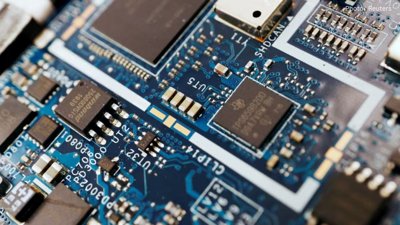
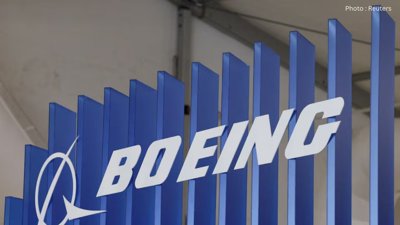
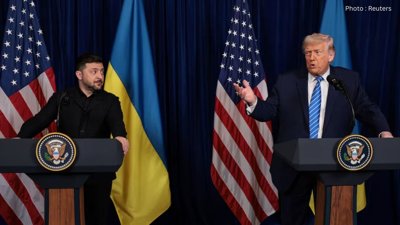
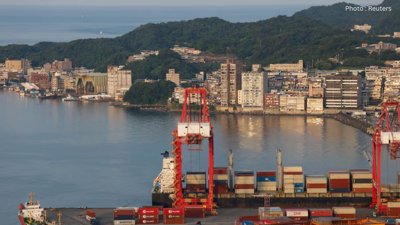
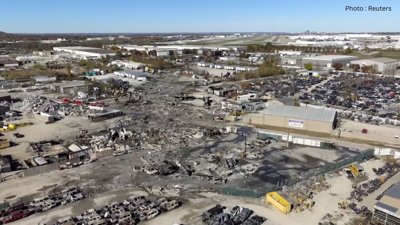
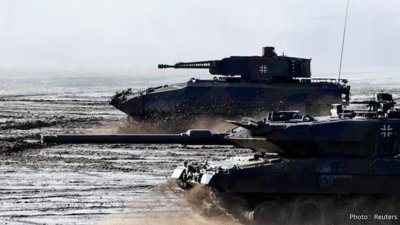

Advances in Aerospace Technology and Commercial Aviation Recovery
Insights into breakthrough aerospace technologies and commercial aviation’s recovery amid 2025 chall

Defense Modernization and Strategic Spending Trends
Explore key trends in global defense modernization and strategic military spending shaping 2025 secu

Tens of Thousands Protest in Serbia on Anniversary of Deadly Roof Collapse
Tens of thousands in Novi Sad mark a year since a deadly station roof collapse that killed 16, prote

Canada PM Carney Apologizes to Trump Over Controversial Reagan Anti-Tariff Ad
Canadian PM Mark Carney apologized to President Trump over an Ontario anti-tariff ad quoting Reagan,

The ad that stirred a hornets nest, and made Canadian PM Carney say sorry to Trump
Canadian PM Mark Carney apologizes to US President Trump after a tariff-related ad causes diplomatic

Bengaluru-Mumbai Superfast Train Approved After 30-Year Wait
Railways approves new superfast train connecting Bengaluru and Mumbai, ending a 30-year demand, easi